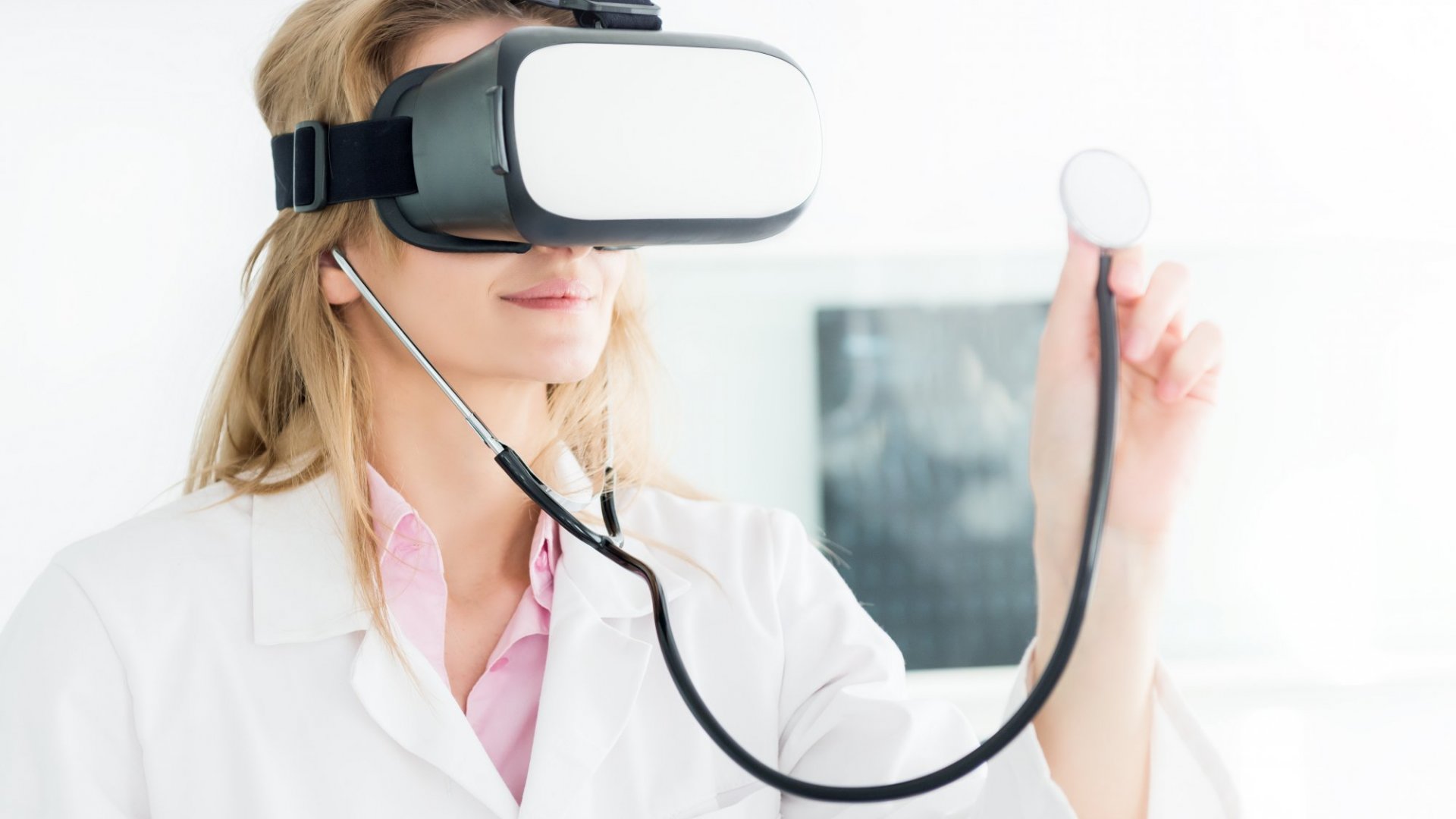Virtual Reality (VR) technology is revolutionizing the way healthcare professionals deliver care and treat patients. From medical training to therapy and rehabilitation, VR technology is providing innovative solutions that improve patient outcomes and experiences.
Medical Training
VR technology is providing medical students and professionals with a new way to train and practice medical procedures. With VR simulations, medical students can practice surgeries and other medical procedures in a realistic virtual environment, without the risk of harming a patient. This technology also allows medical professionals to practice rare or complex procedures that may not be available in traditional training programs.
Therapy and Rehabilitation
For patients undergoing therapy and rehabilitation, VR technology provides a new way to engage and motivate patients. VR simulations can recreate real-life environments, such as a grocery store or park, and provide patients with a safe and controlled environment to practice mobility and cognitive skills. This technology is particularly useful for patients recovering from strokes or brain injuries.
Pain Management
VR technology is also providing new solutions for pain management. VR simulations can distract patients from pain by providing immersive and engaging experiences. For example, patients undergoing painful procedures, such as chemotherapy, can use VR technology to transport themselves to a calming environment, such as a beach or forest, and reduce their perception of pain.
Phobia Treatment
VR technology is also being used to treat patients with phobias and anxiety disorders. VR simulations can recreate phobia-inducing situations, such as a fear of heights or flying, and provide patients with a safe and controlled environment to confront their fears. This technology is particularly useful for patients who may not have access to traditional exposure therapy or may be too fearful to confront their phobias in real-life situations.
In conclusion, Virtual Reality (VR) technology is transforming healthcare, providing innovative solutions that improve patient care and outcomes. From medical training to therapy and rehabilitation, VR technology is providing new opportunities for medical professionals to engage patients, improve treatment outcomes, and develop new treatment modalities. As technology continues to advance, we can expect to see even more innovative uses of VR technology in healthcare.




